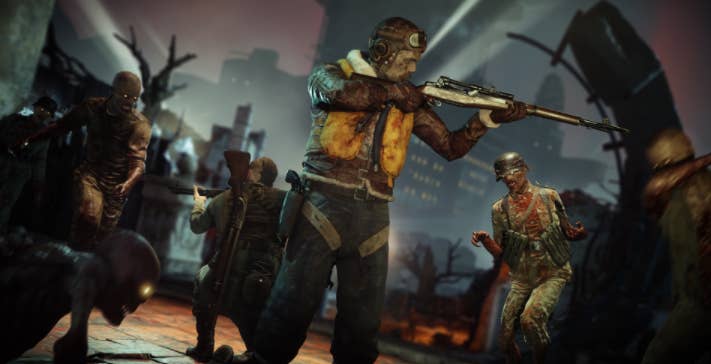How Rebellion North are spreading their wings with best-in-class ports and original projects
Inside the Rebellion support studio stepping into the spotlight
Becoming an effective sniper is all about precision. Adjusting to wind speed and direction. Lining up your reticule. Holding your breath. And after waiting for the perfect moment, taking your shot. It's a tale as old as time in video games, but rarely pulled off with such aplomb as in Rebellion's Sniper Elite series, which rewards particularly well-placed shots with a gruesome x-ray vision of your bullet's passage. All the more remarkable, then, that three instalments of this high-fidelity franchise runs smoothly on the relatively low-powered Nintendo Switch console, alongside various other flagship Rebellion titles.
Pulling them off required the skillset of a team with over a dozen years' experience: Rebellion North, the secret weapon in the long-running UK studio's arsenal. As they embark on their largest project to date with the recently-announced Switch port of Zombie Army 4: Dead War, we sit down with studio head Arden Aspinall and senior producer and business development manager Jonathan Seymour to learn about their past, present and ambitious future.
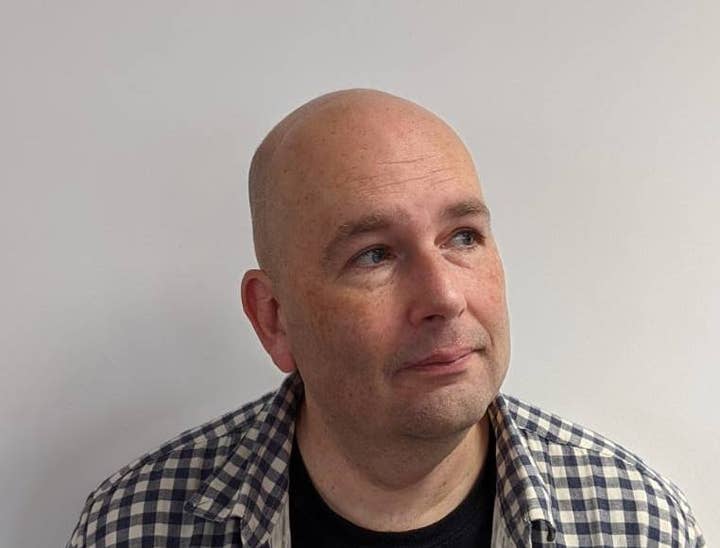
Aspinall and Seymour have worked together on-and-off since the mid-nineties, when they worked at game studio Bubball. This setup lasted until, as Aspinall puts it, "ten years of writing football games later, we decided to do something different". Enter TickTock Games, founded by Aspinall alongside Jonathan Wright and Paul Kelly in 2007. "There were just a handful of us at the time and we wanted to go back to a smaller team, to find the enjoyment in game making again," Aspinall continues. Coming from an entrepreneurial family, founding his own studio was a natural path for Aspinall. "Up until we were acquired, I've never actually been an employee: I've always been my own boss," Aspinall says.
TickTock initially focused on mobile gaming, as well as work-for-hire porting and technical support projects. Football hadn't quite left the team's DNA however, with TickTock developing and self-funding their own football MMO. However, Aspinall admits that commercial reality eventually set in for the team. "You think 'gosh, I need to get some money to feed the family and put a roof over our heads'," he recalls. "That's when we really started to take things a bit more seriously and with that, we started taking on members of the team and growing it."
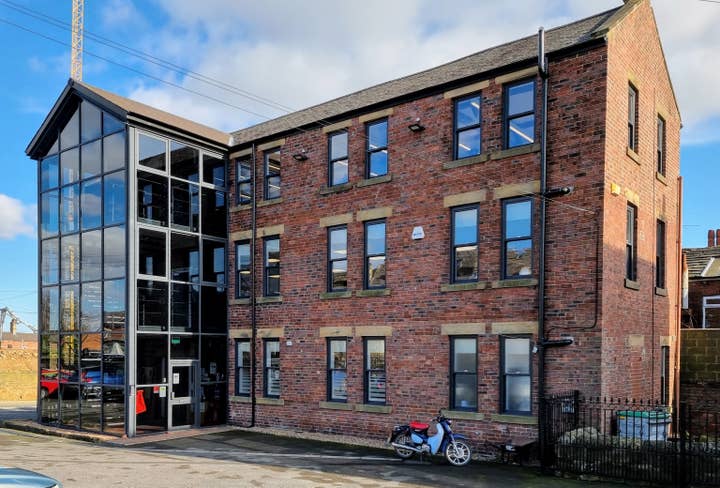
The studio built up a set of trusted partners including Sega, Double Eleven, Funcom, Mediatonic and Nvidia, the latter proving particularly fruitful when TickTock later began working on projects for the Nintendo Switch, which boasts a Nvidia Custom Tegra processor. Seymour rejoined in 2012 when - as Apinall puts it - the studio had done "the grunt work" to establish a stable business. "We needed Jon to help grow, because basically all my time was spent looking after people and not having enough time to do my day job," Aspinall explains.
TickTock would eventually move away from mobile gaming to lean into their technical skills, working on console titles like Superfrog HD and The Metronomicon. This eventually led to conversations with Rebellion's founders Jason and Chris Kingsley on a remaster of Rebellion's 2006 third-person shooter Rogue Trooper. "It was literally: 'here's the source code from the old game, it doesn't even compile: figure it out and make it look amazing'," Aspinall says.
For Aspinall, drafting a proposal for this project was "a bit nerve wracking": the team consisted of around a dozen people, with just a single graphic artist in-house. "We were always big about saying to people 'we can punch above our weight'," Aspinall says. However, having the original developers on-hand proved useful for the studio, and TickTock jumped into Rebellion's in-house engine head-first. "Once we got it up-and-running, got their original tech running on the new hardware, we basically completely took out the renderer, created a brand-new renderer just so that we could realise things that the original designers wanted to do," Aspinall says.
Rogue Trooper Redux was released in 2017, forging a stronger relationship between TickTock and Rebellion. "We wanted to please, because it was obviously our biggest job ever," Aspinall says. "It was their game, their baby, and they were going to get to see a new lease of life [for it]: we got along splendidly." This also fed into TickTock's growing speciality for Switch ports, with credits on conversions for games like Goat Simulator and the Rebellion title Battlezone.
Eventually, Rebellion decided to make this partnership a permanent affair, acquiring TickTock - subsequently rebranded to 'Rebellion North' - in January 2019. Rebellion both represented a chance to expand and to focus on console games. "They are genuine: they delivered everything they promised," Aspinall says regarding the acquisition. "It was clear that we had very similar goals and aspirations: just the way in which Chris and Jason put their team foremost in their minds, it was exactly what we were doing at TickTock."
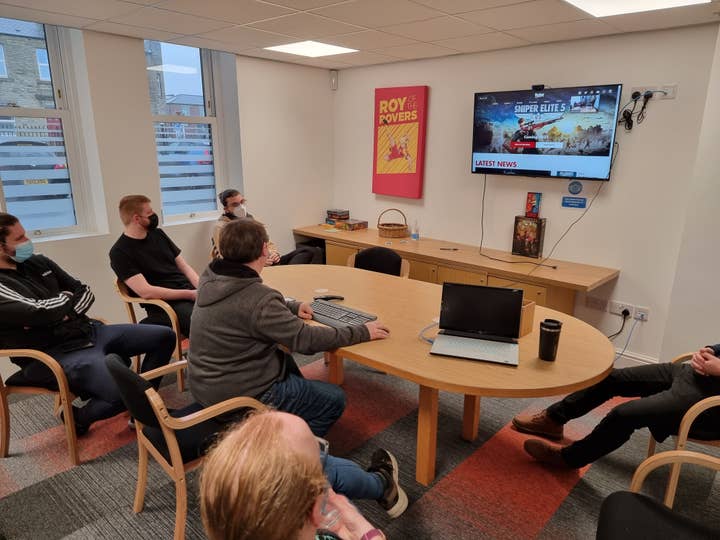
The success of Rogue Trooper Redux led directly to Rebellion North being trusted with another of the studio's iconic franchises: Sniper Elite, starting with a Remaster of V2, released in 2019. "This was a point in our team's life where we decided that we really liked to push things to the very limit," Aspinall says.
"[For Sniper Elite 3 and 4 on Switch], we didn't want to give anything up, we wanted to try and keep the game running at the highest resolution at a solid 30 frames-per-second, but not compromising and not taking shortcuts with the dynamic resolution."
Rebellion North's general process for ports is to first establish a 'parity build', with little attention being given to framerate until the visual fidelity meets the high standards of the other console formats. Then the optimisation journey can begin. This involves a mixture of analysing performance data to work out bottlenecks, as well as seeing how to achieve similar effects to the 'base' game using less CPU time (Aspinall considers dropping visual resolution a "nuclear" option). "We remind all the newbies who start here: 'there's always another optimisation - you might not think there is, but there is always another one that you've just not learnt yet'," Aspinall says.
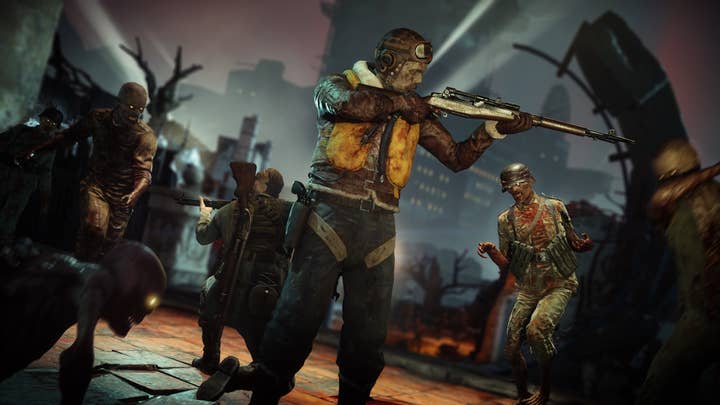
After Sniper Elite 4, Rebellion North worked on a Switch port of cooperative third-person shooter Strange Brigade, working and mentoring graduates from local universities to get the game on Switch. The title features large hordes of mummies and monsters on-screen, leading the team smoothly into their biggest project to date: Zombie Army 4: Dead War. Similarly to Strange Brigade, this game features shambling masses of the undead for players to take down cooperatively, with heaps of levels and content to play through. The sheer size and challenge of the project was a great motivation for the team resulting in a game that Aspinall describes as "our most audacious Switch port."
To add to Rebellion North's workload, the Switch port was developed concurrently with the main game itself, requiring them to incorporate previously released updates into their upcoming Switch port, as well as bearing in mind ones yet to come. "The first thing was just getting it running on the platform: I mean, it's a huge game," Aspinall says. "It was maxing out on everything on the PS4 and Xbox, so with our under three-and-a-half gigabytes of accessible memory, getting that thing in memory [was] a nightmare."
Rebellion followed their standard optimisation process, incorporating techniques used in the Sniper Elite series. However, this wouldn't be enough. "That's when we started realising how much trouble we were in with the performance, because we'd go in and see the framerate drop," Aspinall says.
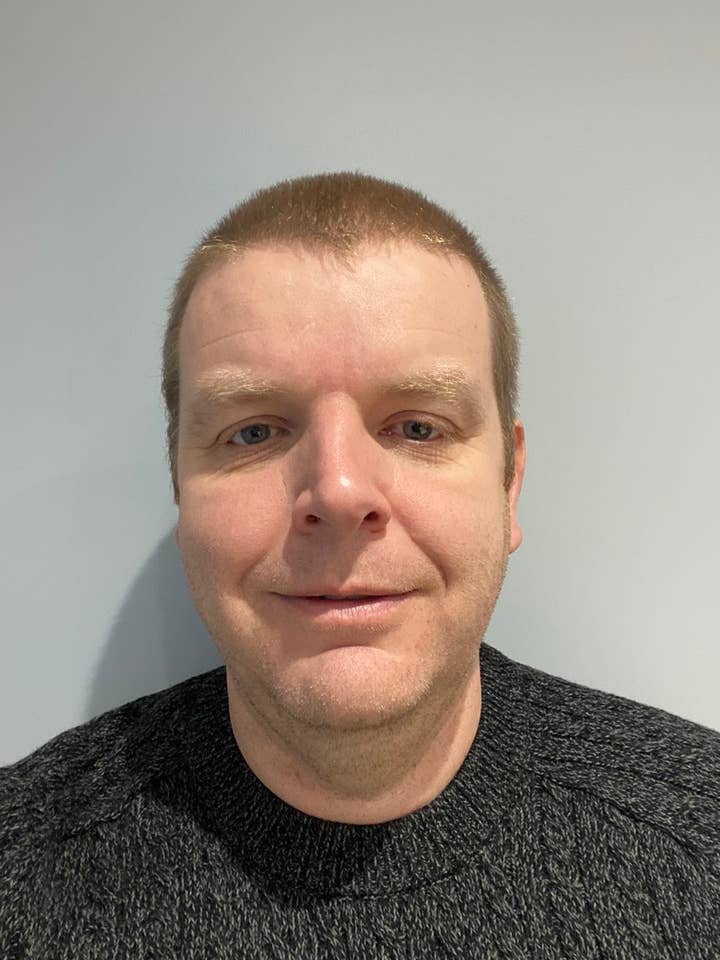
As their projects are growing, so too are Rebellion North's ambitions. Aspinall estimates that their headcount will increase to between 45 and 60 by the end of the year. "We are so much more than purely a porting and optimisation studio," said Seymour. "We have a slate of projects both for Rebellion as well as a number of opportunities to develop for extremely exciting AAA IP for trusted industry partners." Work is also ongoing for their own original game based on a Rebellion IP.
Rebellion North is also continuing to work with external development partners.
"Rebellion Group is huge, so when we are working with other partners, we can dip into some of the other services that Rebellion provides," Aspinall says, pointing to the group's motion-capture and filmmaking services as examples. "It is quite exciting, some of the things that we can talk to external partners about."
For Aspinall, Rebellion North's defining characteristic is their technical prowess. "We've got a really good reputation for going in and optimising people's projects - that's slowly changing now," Seymour says, referring to the studio's expanding art, design, QA and production departments. Aspinall argues that the studio are "among the best developers in the world for Switch".
Rebellion North certainly has a lot on its plate, but the studio plans to continue doing what it does best: searching for every optimisation, tweaking each asset and fine-tuning every detail until they pull off the seemingly-impossible.
